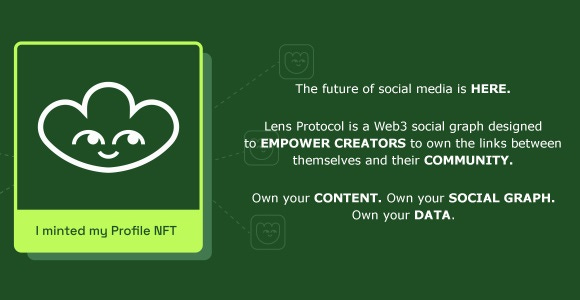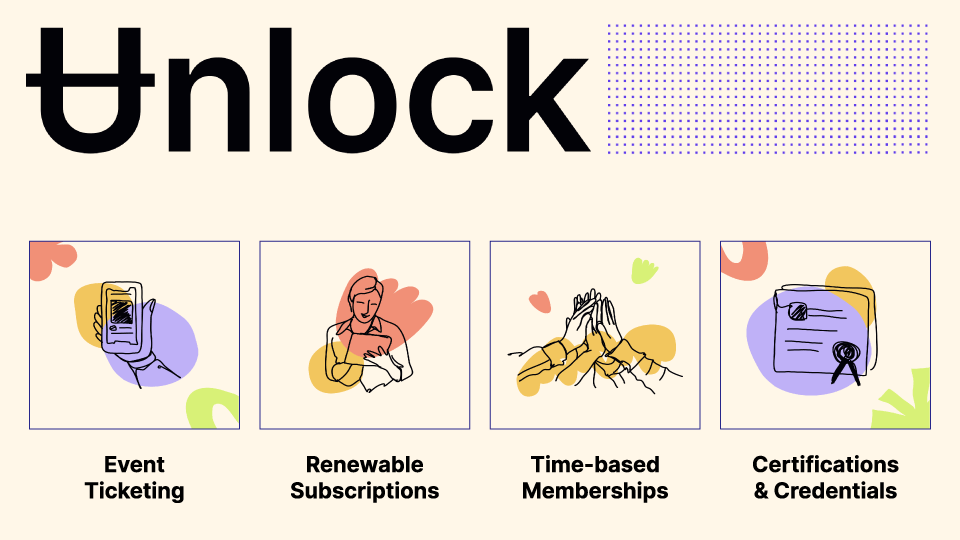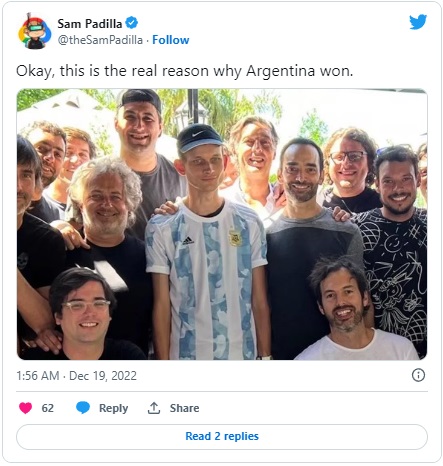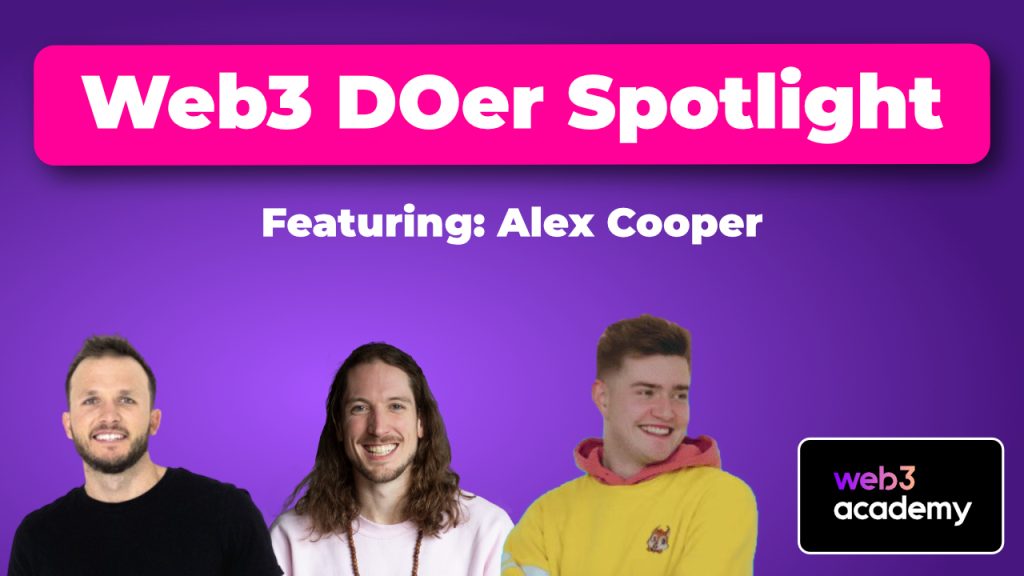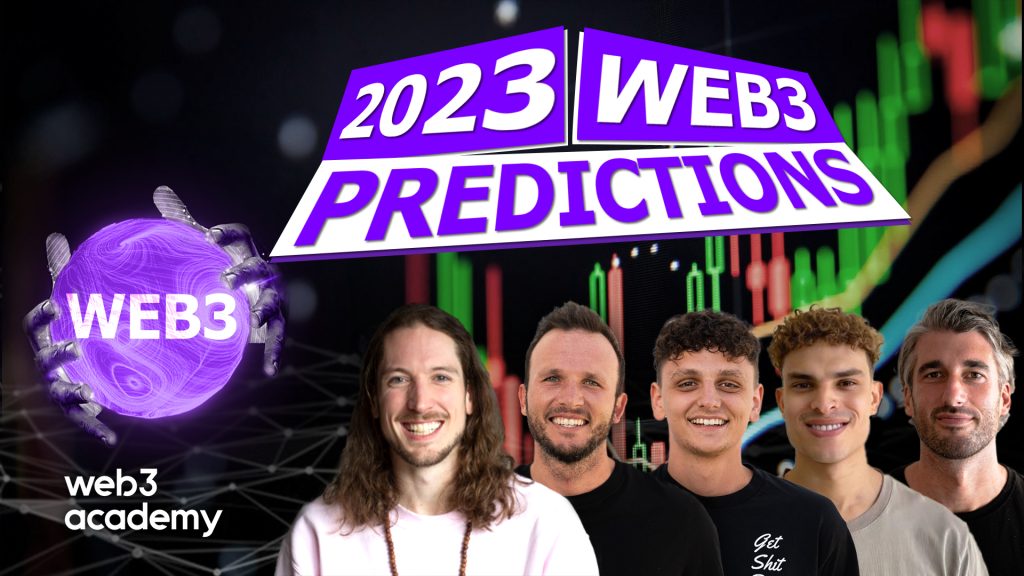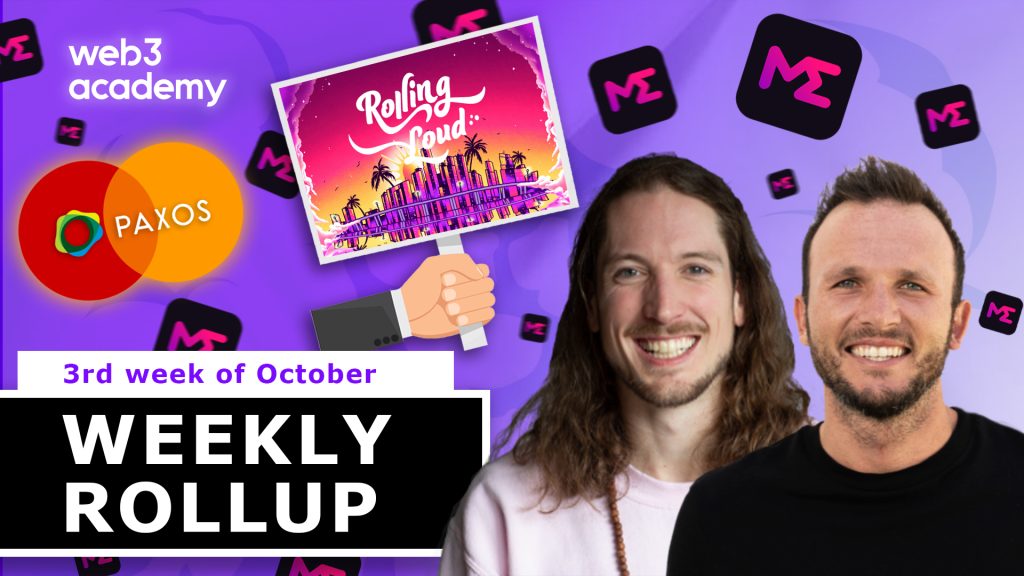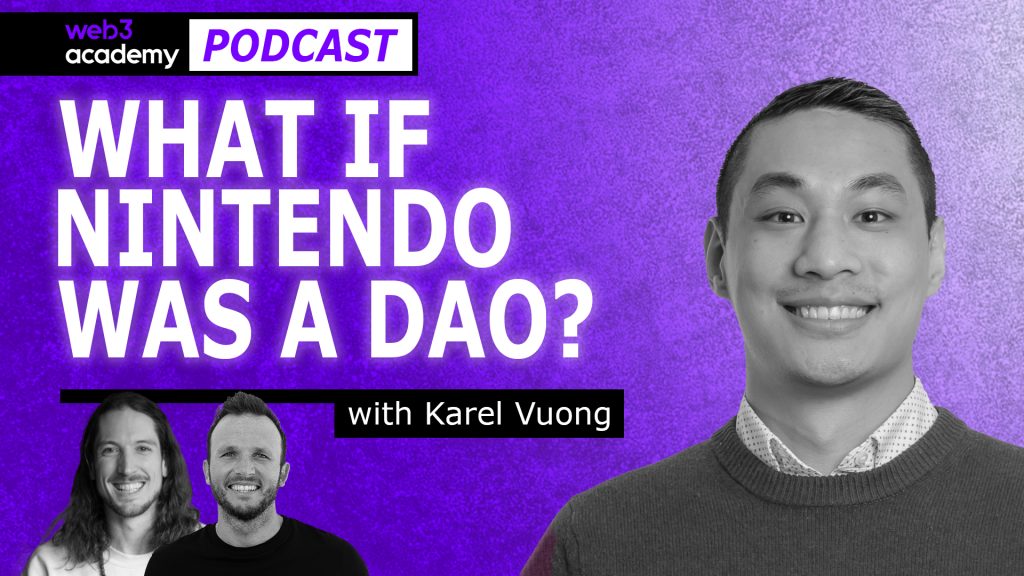
What If Nintendo Was a DAO? | Karel Vuong @ TreasureDAO
Decentralized Gaming Has the Potential to Onboard the Masses
Prefer listening? Get the low down on decentralized gaming on your favorite platform 👇
GM web3 DOers!
Gaming has been a much-hyped web3 sector, but we’re yet to see the release of many sustainable, fun games.
And that’s a shame because games have the potential to onboard billions of people into web3—right now there are over 3 billion gamers worldwide! 🤯
But building web3 games that have real, sustainable economies, engaging storylines and mechanics, and leverage blockchain technology is difficult, to say the least.
Thankfully, TreasureDAO aims to be the foundation for the slew of upcoming releases that will entertain the next generation of gamers and take gaming to a whole new level.
And to tell us all about it, we invited Karel Vuong from TreasureDAO to this week’s DOer Spotlight.
In this episode, we break down:
- What TreasureDAO is and what it’s like building in the ecosystem 👷♀️
- Interoperability and the functions it unlocks in gaming 🤝
- The future of NFT marketplaces and how it relates to gaming 🔮
Let’s dive in.
🤝 Together With Lens: The Evolution of Social Networking 👀
What Is TreasureDAO?
TreasureDAO is a decentralized gaming ecosystem that connects games and players through bottom-up-driven IP (intellectual property), infrastructure, and composable resources (shared currency and NFTs).
It started as a derivative of Loot which is a decentralized adventure game that took a unique approach to NFTs—forgoing the usual JPEGs and simply using text to explain what the NFT can do.
Initially, Treasure wanted to build the currency that powers the Lootverse, but the game ended up creating its own currency, AGLD (Adventure Gold). So Treasure turned its attention to creating a unique, interoperable gaming ecosystem that could share resources and tokens, effectively building an interwoven universe.
To do this, they launched Bridgeworld (a strategic tabletop-like game) and the Smolverse (a game that incorporates dynamic NFTs and experiences) which is playable but still being built out.
And after seeing user adoption, they’ve since leaned into the narrative of becoming “a decentralized Nintendo” with the help of partners building within the Treasure ecosystem.
Right now, there are ten partner games in active development, two that are soon to launch, and a host of others coming through the pipeline.
And while Karel believes mainstream adoption will come from having a few hit games (think Pokemon, Mario, etc.), he and the team want to provide a diverse gaming experience to the Treasure community. This looks like having access to a huge selection of games across genres, themes, and, of course, devices.
Building In the TreasureDAO Ecosystem
One of the biggest goals for TreasureDAO is to break down the “walled gardens” of traditional gaming to create an experience that’s greater than the sum of its parts (think 1 + 1 = 3).
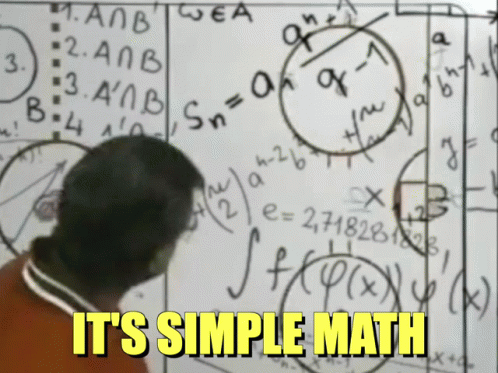
And they’re doing this by not only building web3 games themselves but by also providing the foundations for other developers to easily plug into and leverage the Treasure ecosystem.
Said another way, if you’re a game developer, you can come into the ecosystem and not have to worry about many of the challenges of starting from scratch.
For example, you don’t have to create your own token, you can leverage $MAGIC (Treasure’s native token) and its existing tokenomics and liquidity. This also means you can rest assured that your game’s economy won’t come crashing down due to volatile token prices because Treasure provides a battle-tested token that is also integrated into multiple games. 🤯
As a builder, you also get to leverage Treasure’s native marketplace, Trove.
Trove is the epicenter of the Treasure ecosystem, allowing players to easily trade their in-game items while also acting as a marketing and distribution platform for your game itself.
But if you prefer to maintain some independence, you can also integrate your own token so you have more control over the tokenomics of your game. Some developers are even combining multiple tokens into their games, so you’re only limited by your imagination.
But arguably, the biggest benefit of building within the Treasure ecosystem is that they actively help distribute and drive attention to games in their ecosystem.
Besides this, TreasureDAO is an open community of builders that help each other navigate the new world of web3 by collaborating on game design, legal requirements, finances, and much more.
And it truly works because interoperability allows games in the ecosystem to function as partners rather than competitors.
The Power of Interoperability in Gaming
One of the biggest benefits of web3 technology, and a big focus for Treasure is how to make the most of interoperability in gaming.
While we’re not there yet, Treasure has a vision of in-game items not only being easily portable between universes but also allowing players to evolve their items in different games as well.
For example, say you have a sword from game one. Thanks to interoperability you can also use that sword in games two, three, and four. But instead of just being able to use it, you can also make unique upgrades to the sword depending on where you make the upgrades (in games two, three, or four).
Outside of this, the sky really is the limit when it comes to interoperability.

Karel believes that not only will we be able to share resources across different games, but devs will also be able to share mechanics across games.
For example, if a game experiences different weather seasons (summer, winter, etc.) these events can actually spill into another game. So if it’s winter in one game, it could cause a shortage of resources in another game—if that functionality is built-in.
Interoperability is what truly allows us to go from competitors to partners and, in turn, build experiences, games, and functionality that goes beyond what we could do alone.
🤝 Together with Unlock Protocol: NFT Ticketing is the Future. Learn How to Easily Create and Sell NFT Tickets for Your Next Event!⚡
Trove and the Future of NFT Marketplaces
Trove is Treasure’s native marketplace that launched roughly one year ago.
Initially, the marketplace transacted solely in $MAGIC, but after seeing an infrastructure need within the broader Arbitrum community, they decided to open the platform to apps outside of Treasure’s direct ecosystem.
While this was a significant help to Arbitrum at the time, Karel shared that it caused confusion around what was part of Treasure and what came from the general Arbitrum ecosystem.
And that’s why Trove recently underwent a significant update to bring the marketplace’s focus back to the gaming vertical.
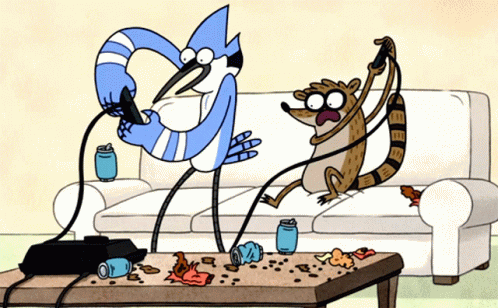
Trove is now the destination for all things gaming on Treasure. But they’re not finished yet. Karel and the team have grand visions for the platform which include integrating badges and achievements, like traditional games, but instead awarding them as soulbound tokens. So gamers can own and easily share their achievements with their communities.
They also plan to integrate an XP (experience) system for Treasure and its marketplace to truly gamify every aspect of the decentralized console.
But this move brings up an interesting discussion around a world of 1 million marketplaces.
In a nutshell, this is the theory that every project (where applicable) will have its own marketplace—or at the very least, we’ll move away from transacting on general marketplaces and instead transact on platforms dedicated to the asset type we’re trading.
Why? Simply put, niche marketplaces provide a better user experience.
For example, Jay has been trying his hardest to find a music NFT for the Web3 Academy podcast, but the UX has been terrible because general marketplaces don’t offer the right functionality for browsing music NFTs.
There’s no way to easily see the top songs in a particular collection or the capability to listen to a sample—things that would otherwise significantly improve the shopping experience.
At Web3 Academy, we believe that native (or at least dedicated) marketplaces will be the norm in the future because they can provide a better experience for users.
Said another way, dedicated marketplaces are dialed into the needs of their users because they’re focused on a specific niche. They better understand what features users want can and create better engagement through experiences that their communities actually enjoy—sorry OpenSea. 🤷

SOCIALS
Tweet of the Week
Decentralized Gaming Is Just Getting Started
Like with most web3 advances, we’re still early to the party. Even industry leaders like TreasureDAO are still improving their offerings each day.
For example, since they’re on Arbitrum and Arbitrum is a layer 2, it’s difficult for users to move funds to Treasure. So they recently partnered with MoonPay to give players a direct on-ramp to the ecosystem.
They’re also working on integrating more tools and features around the proof-of-play concept which is all about allowing players to show off their achievements.
However, it’s important to remember that developers are still figuring out the best frameworks for bringing this new gaming paradigm to the world.
So it’ll likely take many iterations before we see can combine interoperability, ownership, and decentralization with games that actually engage players. ✅
But we’re starting to see the beginnings of this happening in different forms through the Treasure ecosystem along with other games, such as Blockchain Brawlers, Illuvium, and many others.
As always, though, the key to the mainstream adoption of decentralized gaming comes from a focus on creating the best user experience first and integrating web3 technologies second.
So to really engage your players, focus less on the “play-to-earn” aspect and more on “playing” by itself, and by proxy, you’ll build a more sustainable ecosystem. 🚀

FOR THE DOERS
Take Action & Level Up
READ
As we come to the end of the year, it’s always good to reflect on what we’ve learned. Check out: 6 Vital Web3 Lessons To Keep In Mind for the Coming Year.
FOLLOW
Ensure you don’t miss out on Raul’s shitposting by following Web3 Academy on Twitter!
LEARN
If decentralized gaming tickles your fancy, check out the Treasure ecosystem.




